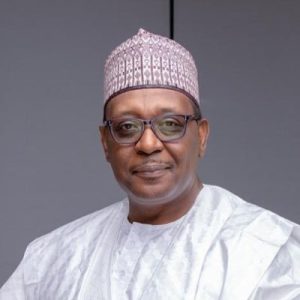
In a significant move to strengthen the country’s primary healthcare infrastructure, the Coordinating Minister of Health and Social Welfare, Muhammad Pate, has announced that a staggering N260 billion has been earmarked for the revitalization of Primary Healthcare Centres (PHCs) across Nigeria.
Speaking at a sectoral ministerial press briefing to mark the first anniversary of President Bola Tinubu’s administration, Pate revealed that the government’s plan is to expand the existing 8,300 PHCs to a remarkable 17,000 functional facilities. This initiative is being spearheaded by the National Primary Health Care Development Agency.
“I’m very pleased to say that there is N260 billion sitting right now at the states’ level. All the states of the federation have been mobilized for the revitalization of the PHCs,” Pate stated, emphasizing the availability of resources from the International Development Association and the Basic Healthcare Provision Fund.
The minister noted that the government will provide the states with detailed guidelines to ensure the effective implementation of the revitalization program, including the provision of essential medical equipment and facilities.
Pate also announced that the government will undertake the training of 120,000 frontline healthcare workers over the next three years, equipping them with the necessary skills and capabilities to serve the rural population.
Furthermore, the administration is determined to unlock the healthcare value chain and promote domestic production capabilities. Pate revealed that a draft executive order has been produced, which, if signed by the President, will reduce barriers to the import of raw materials and equipment for the pharmaceutical and medical device industries.
“We have seen increasing interest from external investors who are willing to come and produce in Nigeria,” Pate added, highlighting the government’s efforts to attract foreign direct investment in the healthcare sector.
This comprehensive initiative by the Tinubu administration aims to transform the primary healthcare landscape in Nigeria, ensuring that essential medical services are readily available and accessible to all citizens, particularly in rural areas.

